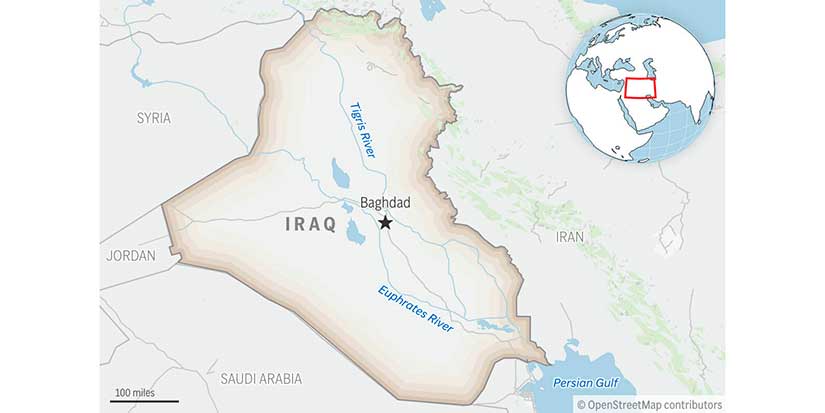National News
Airport warns about catfishing as people arrive to meet loved ones who don't exist
Published 10:34 PDT, Mon October 6, 2025
Last Updated: 12:15 PDT, Mon October 6, 2025
—
The head of a central Newfoundland airport is warning the public after staff noticed an increase in people who appear to have been victims of a manipulative scheme known as catfishing.
Reg Wright, chief executive of the Gander International Airport, said Monday that more people have been arriving at the Gander International Airport to meet someone they've been speaking with online, only to find the person doesn't exist.
The people are often elderly and perhaps widowed, he said, adding that the situation is "crushing" for staff and victims. It prompted airport officials to post a warning on social media last week, urging people to check in on their loved ones, especially seniors, and be careful online.
"We've got to look out for each other, because I tell you, once people get separated a little bit, and isolated and lonely, there's a huge vulnerability there," Wright said in an interview.
"If there's someone in your family who's engaged deeply in an online relationship, you probably need to nose yourself into the frame and ask a few questions," he added.
Catfishing involves using a fake online persona to deceive someone, often to extract money from them. Staff at the Gander airport noticed six such victims in the past month, Wright said. Some will approach staff with their online extorter's travel itinerary, with fake flight numbers and other sure signs nobody was arriving.
They arrive in their "Sunday best, with a fresh coat of lipstick" and hearts full of "love and anticipation," he said. Staff have to tell them something is wrong.
The victims have "almost always" given the scammer money, he added.
One staff member spent hours with a woman last week who'd been scammed, trying to find family members who could safely bring her home, Wright said. They didn't find anyone.
He said Gander is likely a microcosm, reflecting a trend worsening across the country.
Cpl. Jesse O'Donaghey with the Newfoundland and Labrador RCMP agrees. Though he didn't have official figures, O'Donaghey said anecdotally, the frequency of online scams such as catfishing seems to be going up.
Some victims are so traumatized and humiliated, they won't even tell their families, even if they've been financially ruined, O'Donaghey said in an interview.
He said anyone who suspects their family member is falling victim to a catfishing scam should talk to them and help them cut off all contact with the person.
They should proceed with compassion and expect a difficult conversation, he said. The scammers do extensive research on their victims and spend weeks and months building a relationship with them, he said. It can be hard for victims to see the relationship is made up.
O'Donaghey said to watch out for online romance partners who make constant excuses to avoid meeting in person. Typically, scammers also invent a crisis and ask the victim for money, he said.
"There's a lot to it, it's so convoluted. That's why it can be successful," he said.































